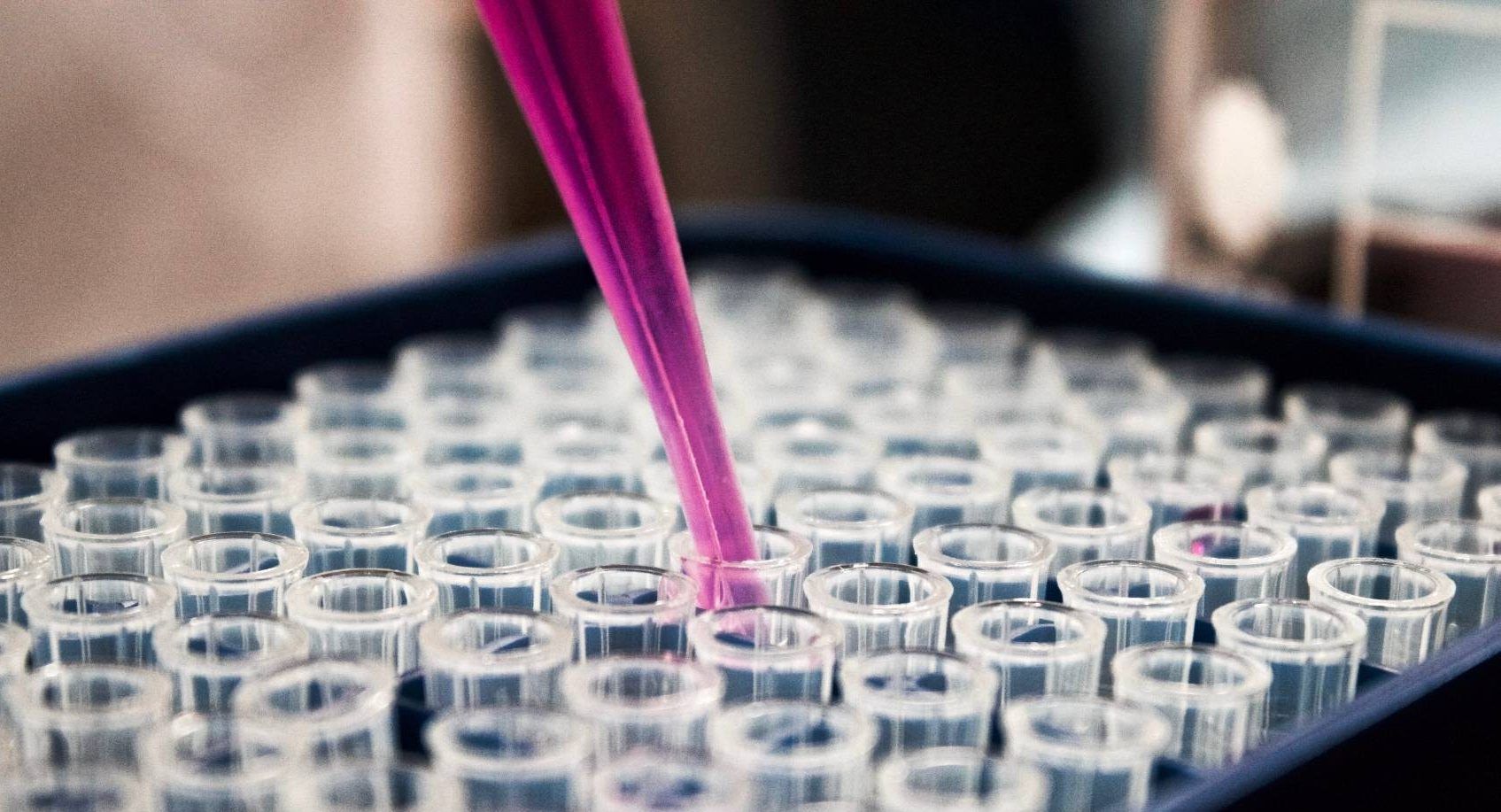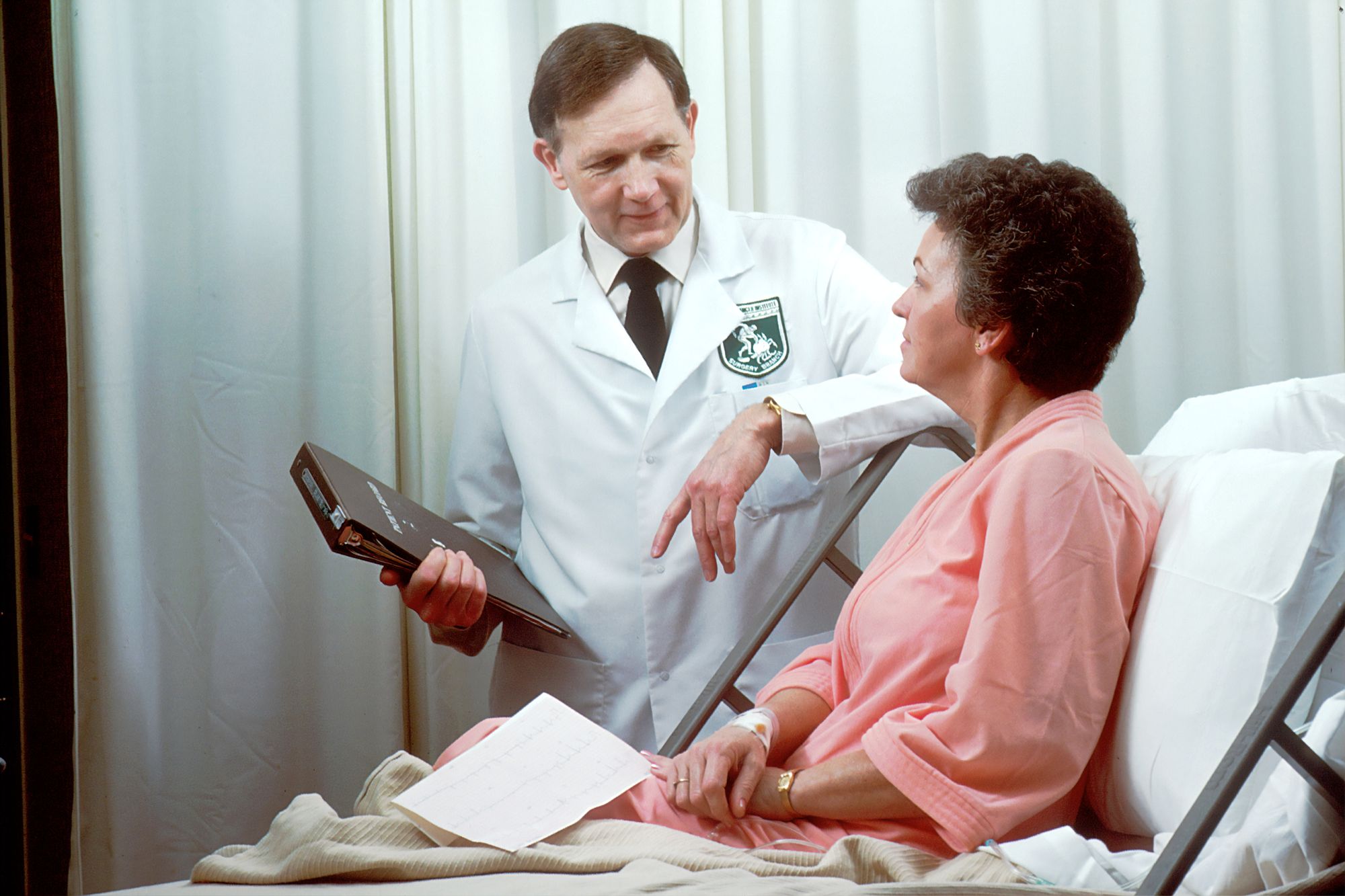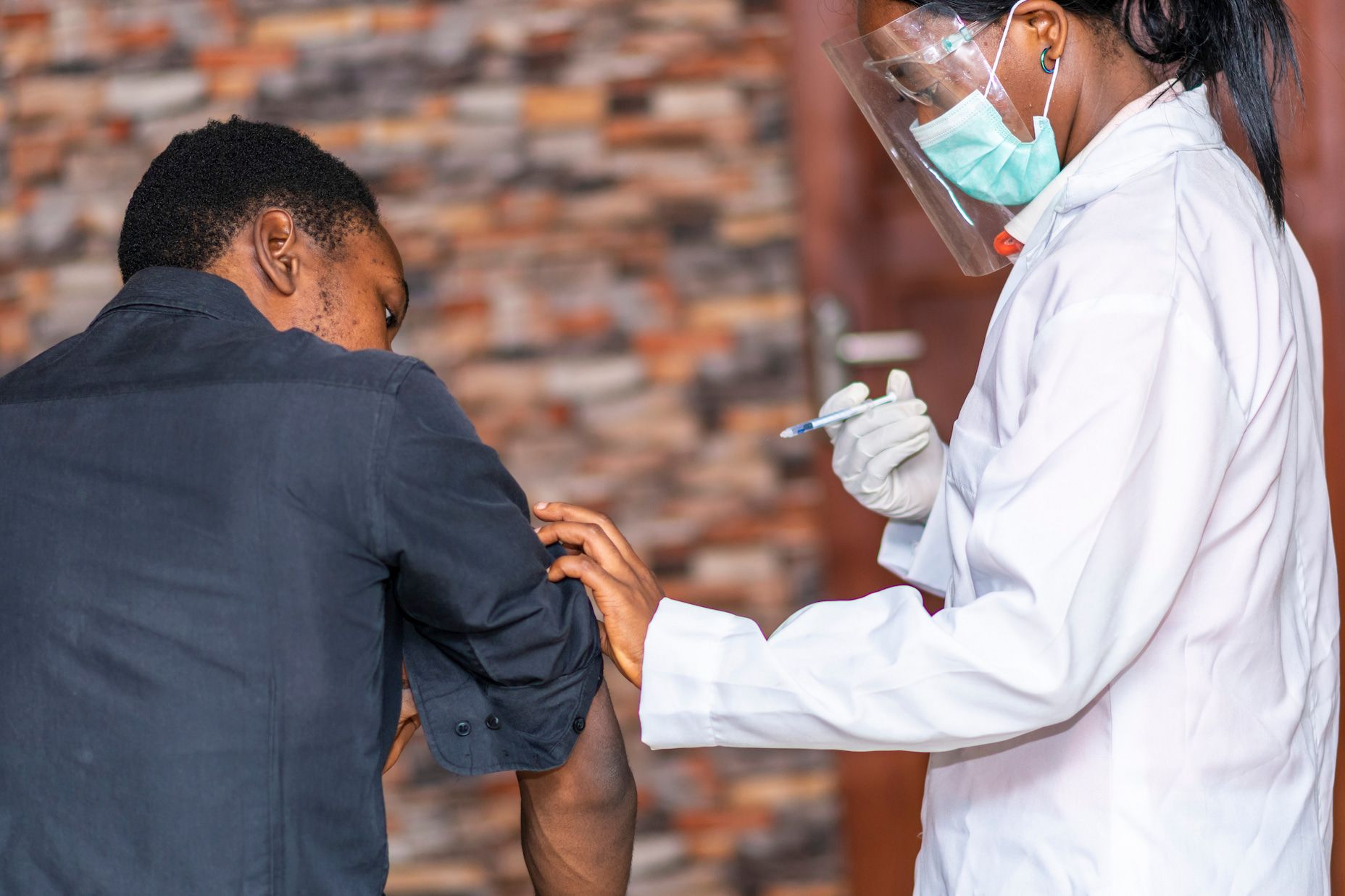
🧫 New method finds cancer cells before they create tumors
A blood or saliva test is all that is needed to see if a person has cancer cells in the body and what type of cancer it is.
Share this story!
The faster it is possible to identify cancer cells in a person, the greater the likelihood that person has of surviving. Currently, cancer cells are rarely detected before they've already managed to form tumors. At that point, it might already be too late.
But researchers at Concordia University, Canada have developed a method that enables them to identify cancer cells before they form large tumors.
All it takes is a sample of blood or saliva and the researchers' "lab-on-a-chip" can not only detect cancer cells but also determine what type of cancer it is and which treatment works best.
Ambition to become as available as pregnancy tests
So far, researchers have only evaluated the method on cells from breast cancer, but they will now move on to other types of cancer. The hope is to develop a product that everyone can use to continuously check if they have cancer.
"One day, perhaps this product can become publicly available just as, for example, pregnancy tests are today", says Srinivas Bathini, first author of the study.
In short, the method is based on magnetic particles that the researchers cover with a special chemical solution they have developed. The particles can then capture so-called exosomes. These are extremely small particles, 40–200 nanometers, which, among other things, transfer materials such as RNA between cells. The contents of these exosomes can act as biomarkers that show if there are cancer cells in the body.

From gentler methods to gentler treatments
When a drop of liquid, such as blood or saliva, flows through the scientists' lab-on-a-chip, the exosomes bind to the microparticles. The researchers can thus obtain exosomes and analyze them to see if there is cancer in the sample and if so, what type of cancer.
This is a much more gentle method than entering the body and taking a biopsy of an organ that may be affected by cancer. In addition, it provides the opportunity to find gentler treatments.
"Traditional chemotherapy kills all types of cells, leading to severe side effects. With the precision diagnostics that this method makes possible, we can develop treatments that only affect the cancer cells", says Anirban Ghosh, one of the researchers behind the method, in a press release.
By becoming a premium supporter, you help in the creation and sharing of fact-based optimistic news all over the world.


